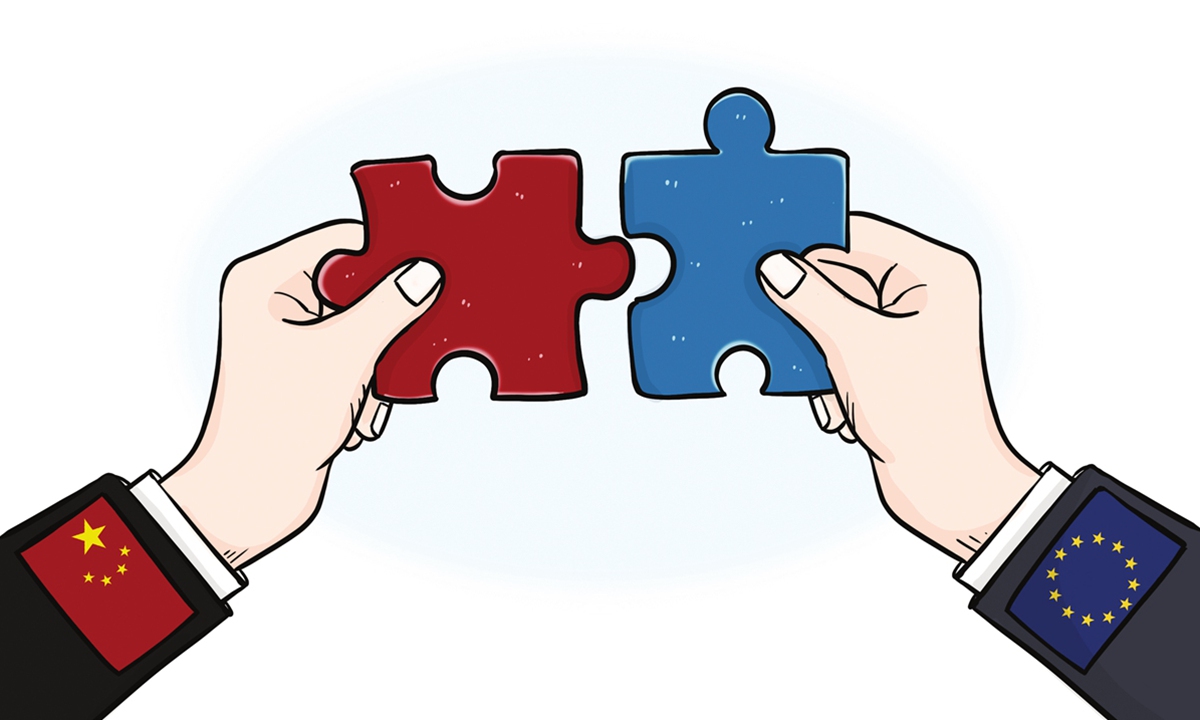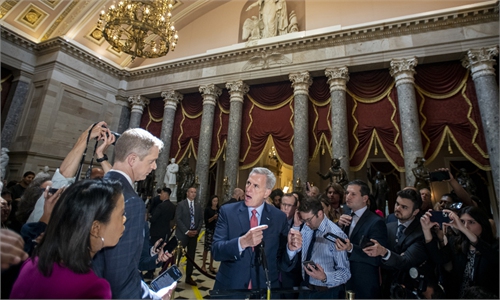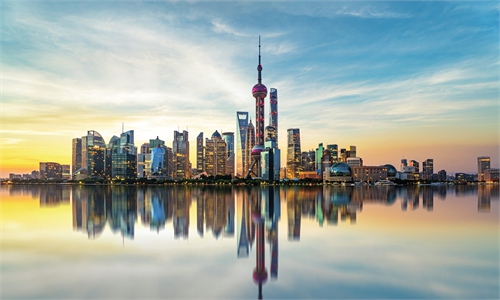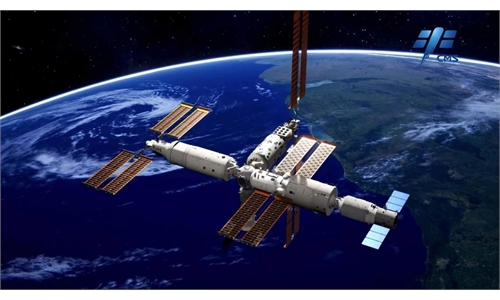
China EU relations
While China-Europe relations are at a crossroads amid the discordant "de-risking" calls, bilateral economic ties are expected to strengthen further this year with the revival of China's economy post-pandemic, experts said.
The EU ought to keep distance from the US in adopting a harsh tone toward China, but look more at practical cooperation and mutual benefits, they said.
The comments came after US Secretary of State Antony Blinken said recently that "We are not looking for a new cold war. We are not looking to contain China… both the US and Europe are not in favor of decoupling, but we are in favor of de-risking."
Blinken attended the fourth ministerial meeting of the Trade and Technology Council in Lulea, Sweden, on Wednesday, co-chaired by European Commission Executive Vice President Margrethe Vestager, European Commission Executive Vice President Valdis Dombrovskis, US Secretary of Commerce Gina Raimondo, US Trade Representative Katherine Tai and other officials.
In response, Chinese Foreign Ministry spokesperson Mao Ning said on Thursday that "de-risking" has become a buzzword. To discuss it, "we must first understand what the risks are."
She said that China firmly promotes high-level opening-up and provides a market-oriented, legalized and internationalized business environment for companies from all over the world. The country adheres to mutual respect, benefit and win-win results, and conducts economic, trade, scientific and technological investment cooperation with other countries. China firmly upholds international fairness and justice, and insists on resolving differences through dialogue.
"Such a China is not a risk, but an opportunity," Mao noted.
Meanwhile, she noted that the real risk the world is facing is the confrontation between camps and a new Cold War.
"It is wanton interference in other countries' internal affairs to create regional turmoil, the politicization of economic and technological issues, undermining the stability of global production and supply chains, and transferring economic and financial risks to other parts of the world while harvesting global wealth in a periodical way." Such risks are exactly what the international community should be alert to and jointly defend against, Mao said.
Both the US and Europe highlighted the medical devices sector in China, saying policies and practices have had an adverse impact on their businesses.
"We are exploring possible coordinated actions" over non-market practices in China, according to a White House statement.
In response, Mao said: "We also pay close attention to non-market economic behavior…If the US and the EU are concerned about this issue, we suggest they start with themselves. First, they should stop using national security as an excuse to engage in unilateral sanctions and long-arm jurisdiction, stop implementing discriminatory and differentiated industrial support policies, and stop maliciously suppressing companies of other countries," Mao said.
Faced with increasing downward pressure on the world economy, US and EU, as major economies, should shoulder their responsibilities and play an active role in creating an open, inclusive, transparent and non-discriminatory international trade and investment environment, the spokesperson said.
China-EU economic ties should continue to drive the sound development of their relations, observers said. The main tone of cooperation between China and Europe won't change, despite some difficulties due to geopolitical factors, they noted.
"Regardless of rising competition from Europe, complementarity is still the major tone of China-EU economic and trade relations. The space for cooperation between the two sides is far greater than competition," Zhang Monan, deputy director of Institute of American and European studies at the China Centre for International Economic Exchanges in Beijing, told the Global Times.
In 2022, China-EU trade and economic cooperation remained dynamic. Total bilateral goods trade reached 5.6 trillion yuan ($822 billion), up 5.6 percent year-on-year, customs data showed.




